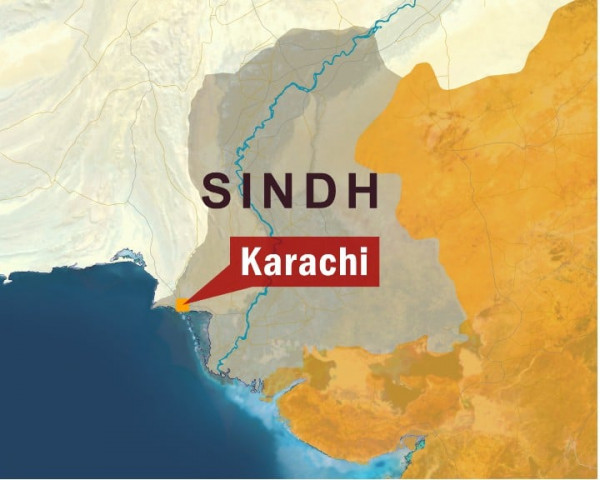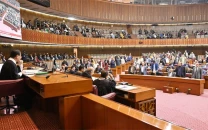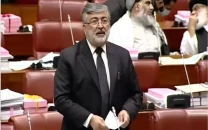Opening the doors to a taboo

According to Nazo Pirzada, a senior trainer and monitoring coordinator of an NGO, Aahung, even doctors are too shy, and sometimes ignorant, when it comes to naming male and female private body parts in Urdu. This makes it difficult for people to seek accurate information from professionals when their health is at stake.
If the doctors don’t know how to talk about sexual problems to their patients, who will educate our people about it, she asked. Many times people get their information from flawed sources.
Aahung was established in 1994. The Karachi-based NGO prides itself on being the first NGO in the country to start a sexual awareness programme here.
“We teach adolescents about their bodies,” said Pirzada.
We spread awareness about sexual and reproductive health and rights, she said. The topic is too important to be blocked out by society’s taboos.
According to Pirzada when the NGO started out, they were viewed with suspicion not just by residents but even by other NGOs.
“We were even beaten up in some towns and villages for what some thought was ‘inciting people to have sex’,” she said.
However, after years of hard work, she feels that people have become a little receptive and sensible.
The NGO is currently involved in raising awareness, capacity building and developing culturally-appropriate material on the issue. They are working in three directions by focusing on doctors, students and teachers and training other NGOs and developmental organisations’ officials in their resource centre.
They have also launched a nationwide project on the radio on Child Sexual Abuse (CSA) prevention.
The programme has around four different radio messages that will run on air for a month. They also placed 10 billboards in different parts of the city.
Kiran Khandwala, the research and training Coordinator at Aahang, said that it is very hard to get people comfortable enough to talk about their perceptions and conceptions of their bodies.
“Later as they open up, we realise there is so much that needs to be taught to them,” she said. Women need to know how many children they should have, adolescents need to learn what changes take place in their bodies at puberty and how they should deal with them, said Farhat Firdous, another member of the NGO.
It is also important to spread awareness about sexually transmitted diseases so that people can protect themselves against them.
According to Aahung, they are trying to set up a holistic sexual health education, which is more than the physical aspects of sexual and reproductive functions.
It encompasses our attitudes, identities, thoughts and emotional needs. Sexual health also includes our perceptions of ourselves and of our bodies, as well as our personal preferences and desires.
Pirzada said that the NGO initially started with a reproductive health project in the areas of Korangi, Golimar, North Nazimabad and Keamari, where they realised that what the people needed was sexual health awareness.
She said that the NGO is working with the current government to extend their programme to the rest of the country and take it to all schools in Pakistan, but they have a long way to get to this dream.
Aahung has also prepared several manuals for different strata of society, which they plan to ask the government to endorse as part of the curriculum of sexual health education.
Published in The Express Tribune, July 11th, 2010.



















COMMENTS
Comments are moderated and generally will be posted if they are on-topic and not abusive.
For more information, please see our Comments FAQ